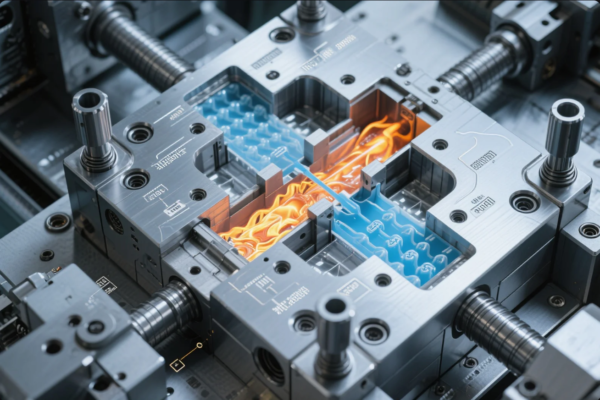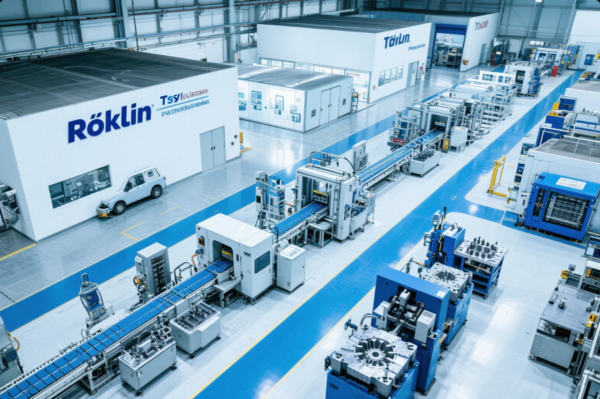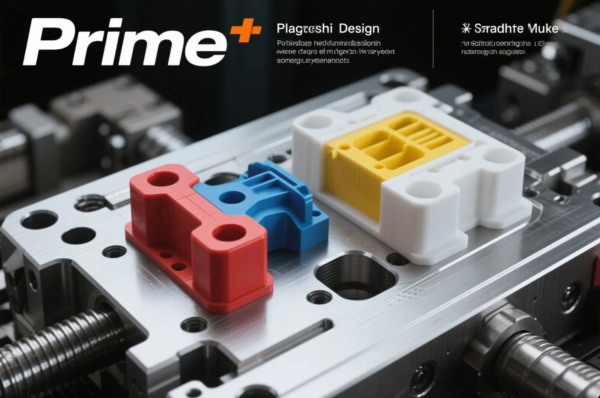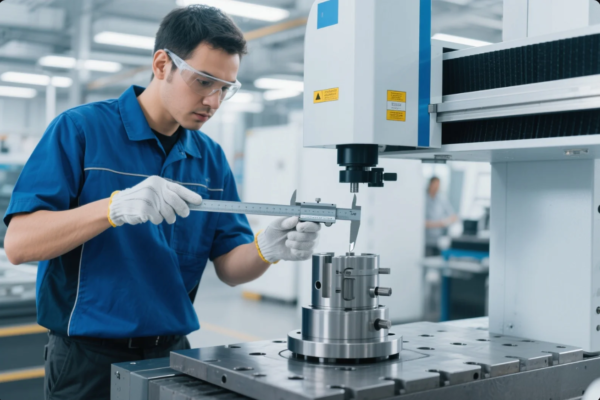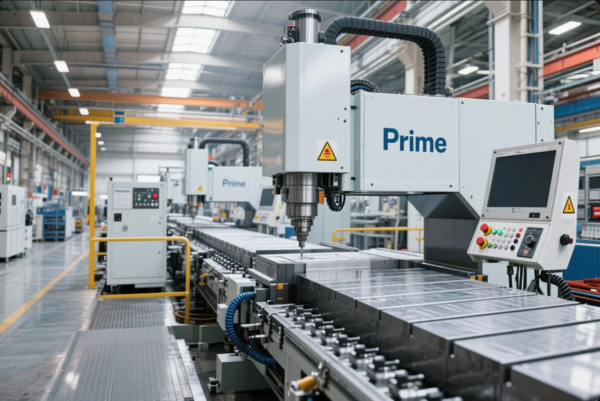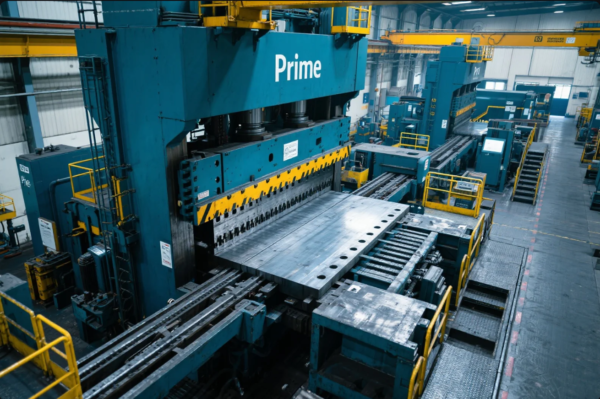Why Is Magnesium Metal So Expensive?
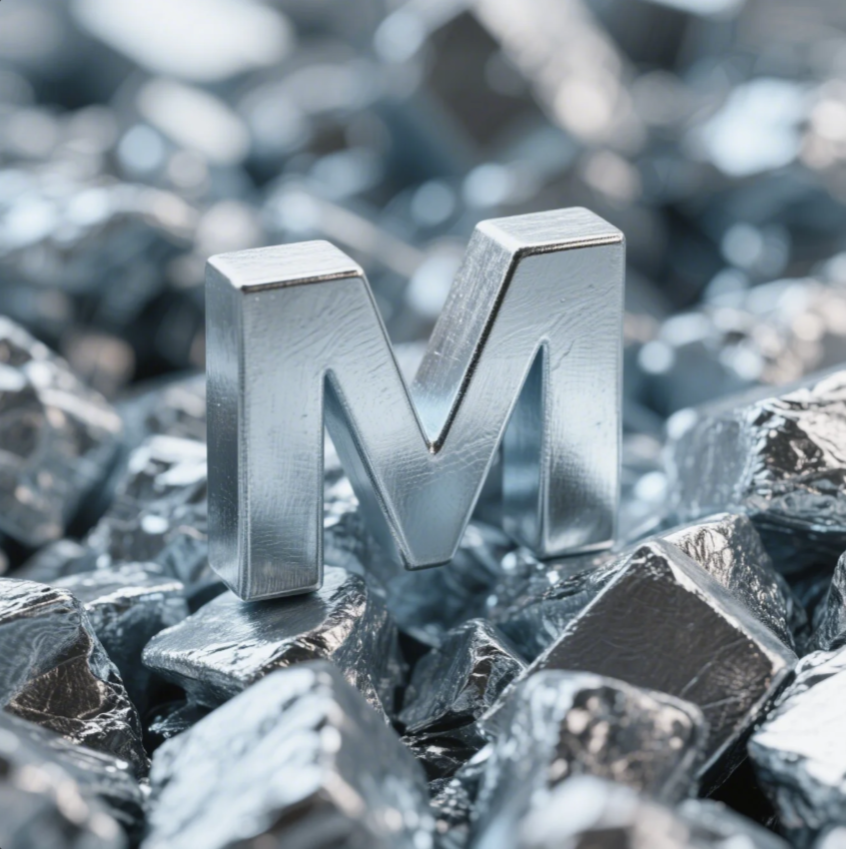
Expecting magnesium to be cheap because it’s common? Think again.
Magnesium is expensive due to high extraction costs, energy-intensive production, and limited global supply chains—even though it's abundant in nature.
Let’s uncover the real reasons behind the price tag of this lightweight metal.
LOOP_START
Why is magnesium so expensive?
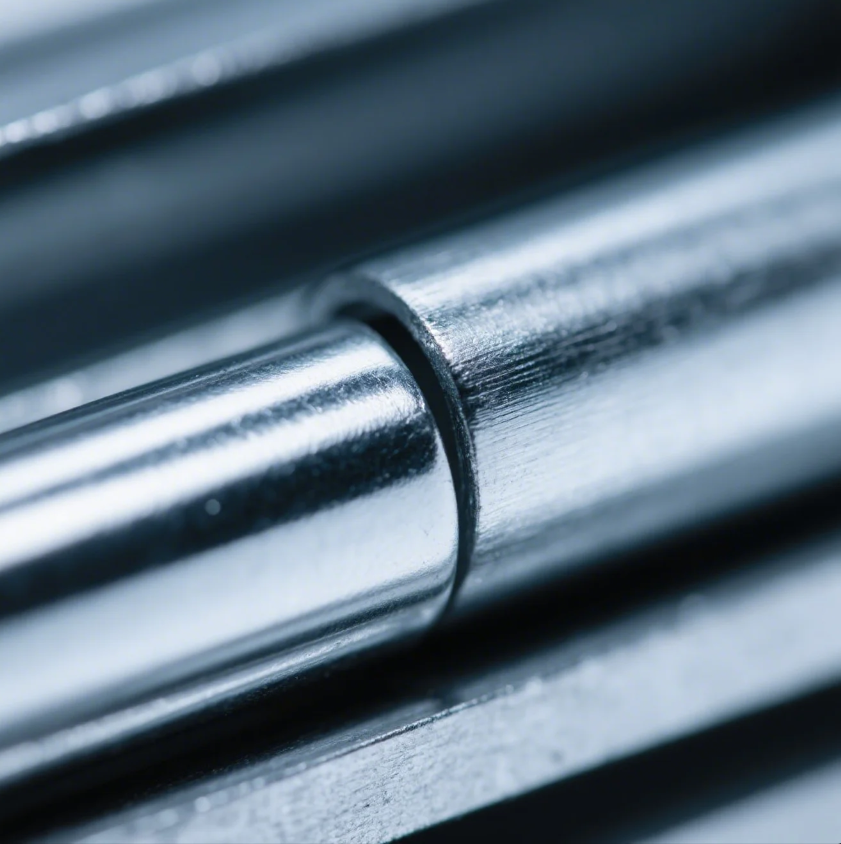
Magnesium is the eighth most abundant element—so why the high cost?
Magnesium is expensive because extracting it from minerals or seawater requires high temperatures, significant energy, and specialized equipment.
Key Factors Driving Magnesium Prices
| Factor | Explanation |
|---|---|
| Energy Costs | Extraction via electrolysis or thermal reduction is power-intensive |
| Raw Material Purity | Requires high-grade dolomite or brine |
| Environmental Controls | Produces CO₂ and hazardous byproducts |
| Limited Producers | China controls over 85% of supply |
| Transport & Storage | Highly reactive; needs special handling |
At Prime, we source magnesium alloys carefully to balance performance and cost. For weight-sensitive Custom stamping parts and aerospace-grade Precision CNC machined parts, the payoff in performance often justifies the price.
LOOP_END
Is magnesium a valuable metal?
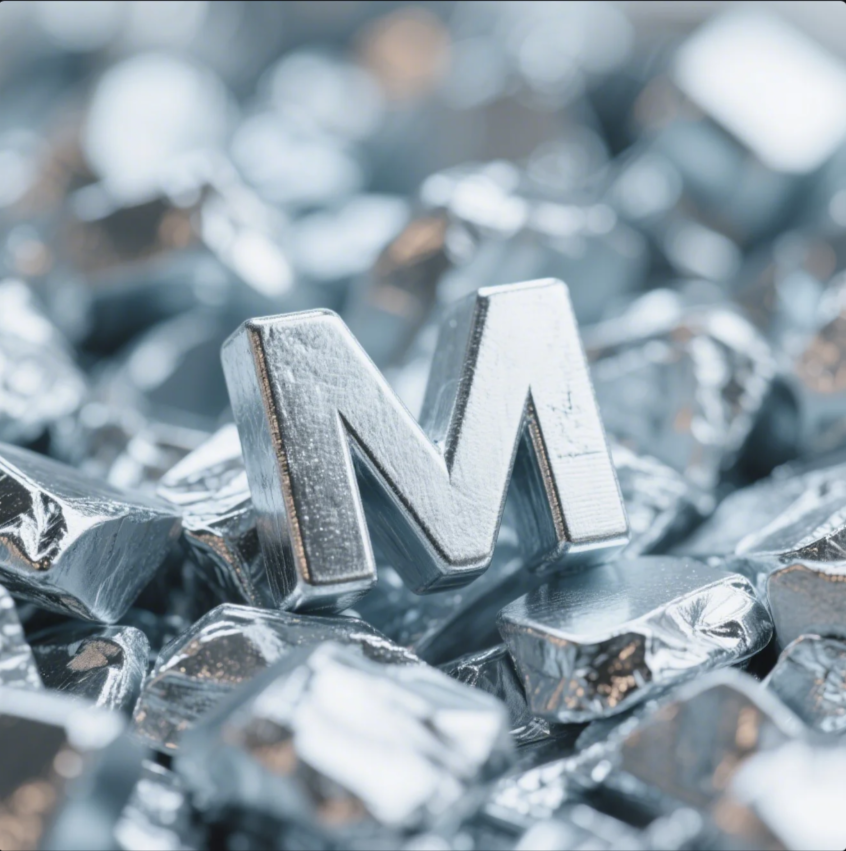
Some see magnesium as just another lightweight option—others know its worth.
Yes—magnesium is a valuable metal, especially in aerospace, medical, and automotive sectors where its ultra-low weight and damping properties outperform alternatives.
Where Magnesium Delivers Value
| Industry | Benefit of Magnesium |
|---|---|
| Aerospace | Weight reduction, flight efficiency |
| Automotive | Fuel savings, lightweight chassis |
| Electronics | EMI shielding, thermal stability |
| Medical | Biocompatibility in implants |
Its unique mix of lightness and strength makes it a go-to material for high-performance components. That’s why at Prime, we offer magnesium as part of our ISO certified foundry parts manufacturer solutions for specialized clients.
LOOP_END
Is magnesium better than steel?
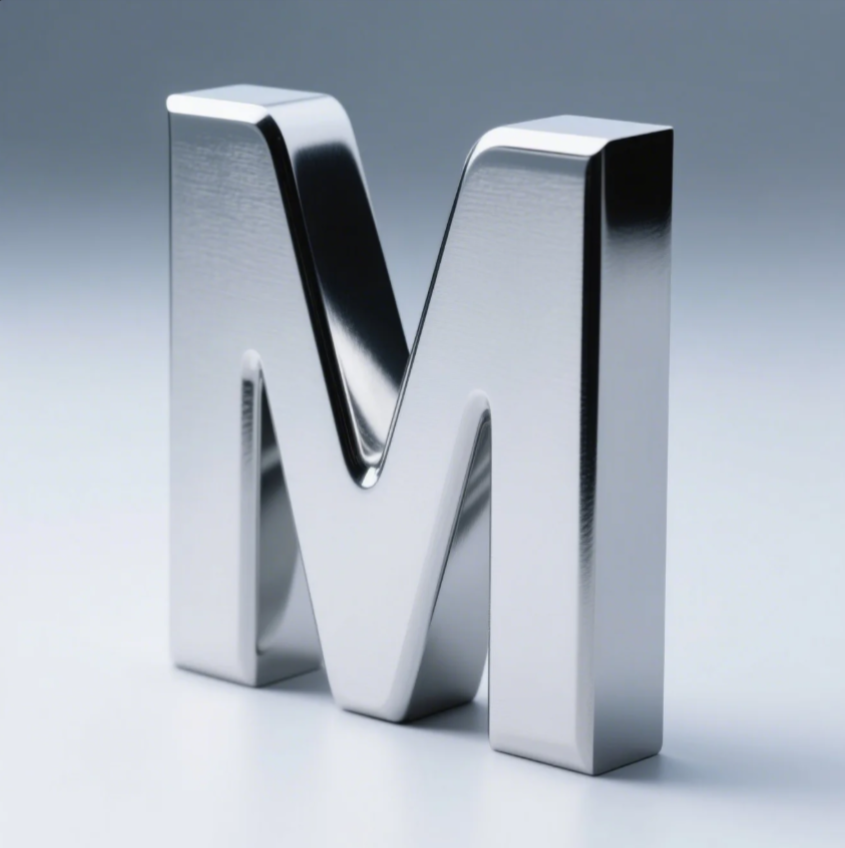
Steel is strong and affordable—so is magnesium really “better”?
Magnesium is better than steel in terms of weight and machinability, but steel outperforms it in strength, cost, and corrosion resistance.
Magnesium vs. Steel Comparison
| Property | Magnesium | Steel |
|---|---|---|
| Density (g/cm³) | 1.74 | 7.87 |
| Machinability | Excellent | Moderate |
| Tensile Strength | ~200–330 MPa | ~400–1,200 MPa |
| Corrosion Resistance | Poor (unless coated) | Moderate–Good |
| Cost | Higher | Lower |
Use magnesium when weight matters more than strength, such as in drones, tools, or consumer electronics. Prime helps customers evaluate these trade-offs for both CNC and casting projects.
LOOP_END
Does magnesium metal break easily?
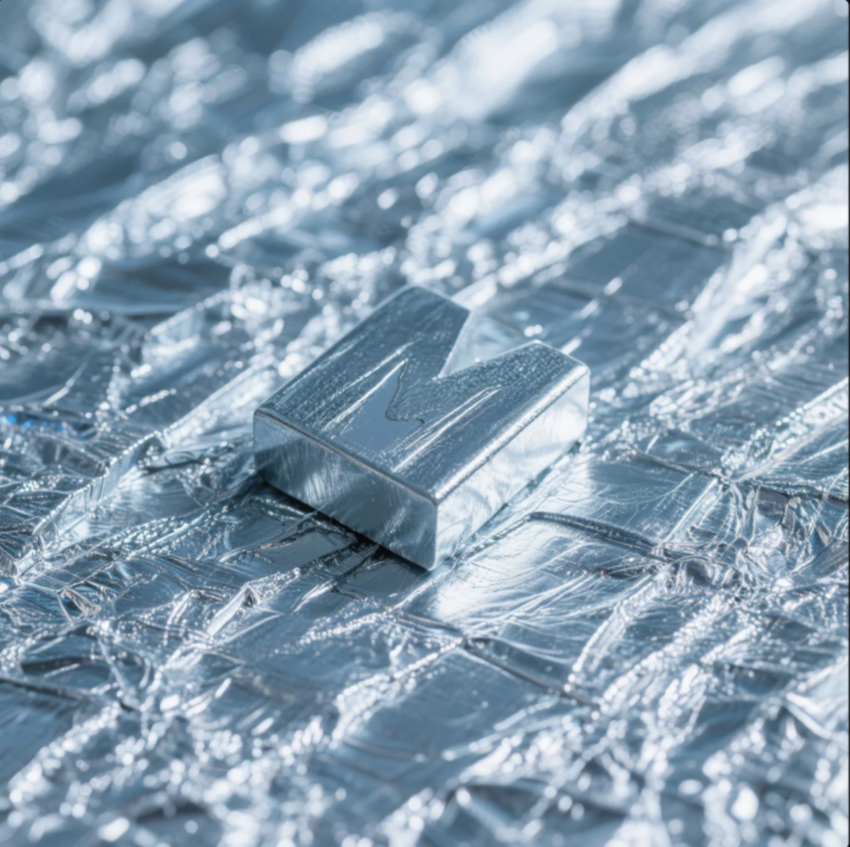
Magnesium is light—but is it fragile?
Yes—magnesium can break easily under certain conditions. It's more brittle than steel or aluminum and prone to cracking under impact or long-term fatigue.
Magnesium’s Mechanical Behavior
| Mechanical Property | Magnesium | Notes |
|---|---|---|
| Brittleness | High | Cracks without warning |
| Fatigue Resistance | Low–Moderate | Short fatigue life |
| Impact Resistance | Low | Avoid in crash-prone designs |
| Modulus of Elasticity | Low | Less ability to bend under load |
To solve this, magnesium is usually alloyed with aluminum or rare earth elements to improve durability. At Prime, we only use high-performance magnesium alloys for clients needing lightweight strength—not pure magnesium.
LOOP_END
Conclusion
Magnesium is costly due to energy-heavy processing and supply constraints—but its value lies in unmatched lightness and specialized performance.
Need help sourcing or machining magnesium alloy parts? Contact Prime today. Our team delivers lightweight, high-precision Parts of magnesium alloy with fast lead times and certified quality—perfect for industries where every gram counts.

